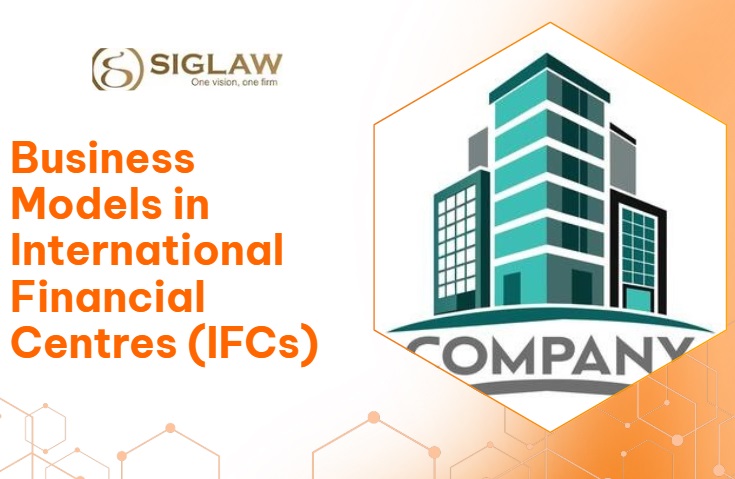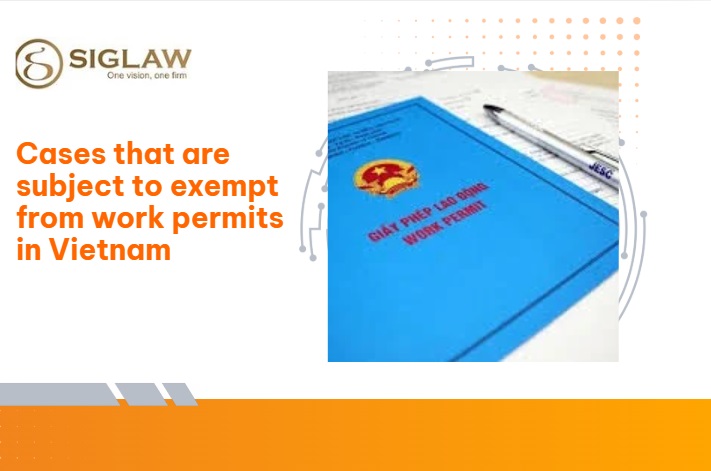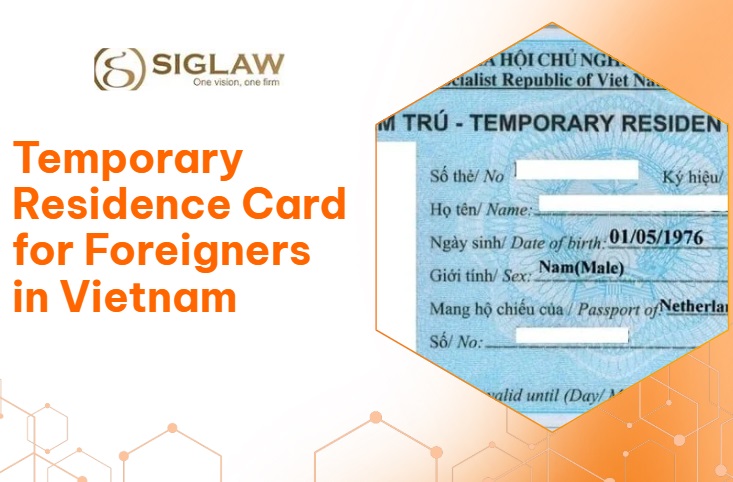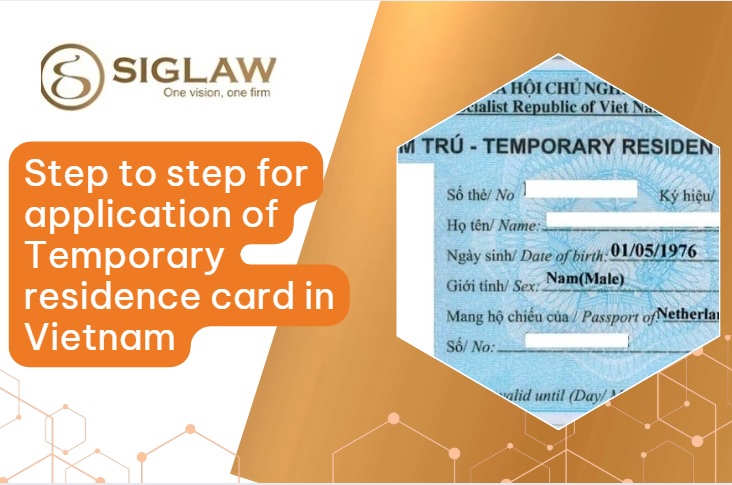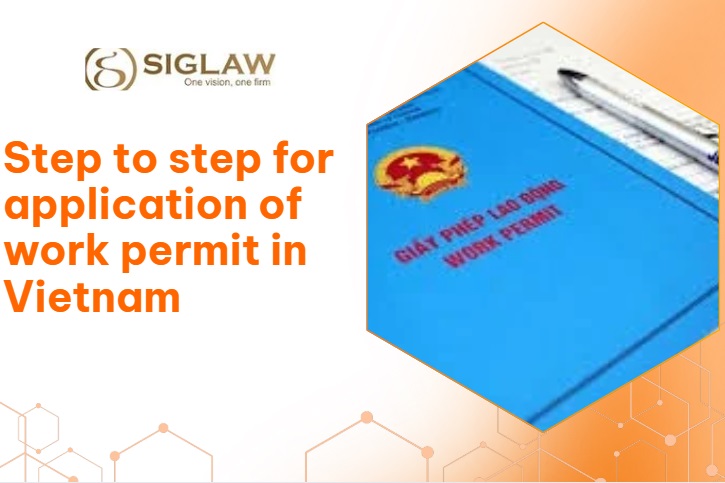Due diligence is a term used to describe conducting an investigation or assessment of a business model or certain assets. Legal Due Diligence is collecting and evaluating all legal documents and information related to the target company in an M&A transaction. This allows buyers and sellers to scrutinize legal risks, such as disputes or intellectual property-related paperwork, before trading to ensure that investing in or buying a target company is profitable. By understanding the target company and any potential liabilities, both parties can make an informed decision in an M&A deal.
In this article, SigLaw will advise you on the notes when conducting legal due diligence in M&A transactions involving wind power projects in Vietnam.
NOTES ON M&A LEGAL DUE DILIGENCE OF WIND POWER PROJECTS
Business lines problems
Domestic target companies may have little difficulty registering business lines, while certain restrictions apply to foreign investors due to limited foreign ownership in certain business sectors. Such restrictions may be based on Vietnam’s international commitments and/or local laws allowing foreign access to a particular sector.
The Investment Law 2020 does not directly mention this type of enterprise but defines it in a general way in Clause 22, Article 3: “A foreign-invested economic organization is an economic organization with foreign investor members or shareholders.”
Thus, according to this provision, foreign-invested enterprises are enterprises with foreign direct investment capital, regardless of the proportion of capital given by foreign parties. Enterprises with foreign direct investment capital include: Enterprises with 100% foreign capital, Enterprises invested by individuals with foreign nationality or organizations established under foreign laws (contributing capital for the establishment, purchasing contributed capital). The above definition of a foreign-invested business organization changes the legal form of the target enterprise after a foreign investor acquires it.
One possible solution is to have a precondition in the transaction documents to force the seller to remove such unnecessary lines of business to ensure the foreign investor’s access to obtain expected share/capital ratio in the target company.
Similar to any other M&A, a majority share repurchase must be approved in the wind power sector if the planned repurchase rate exceeds the 50% threshold. However, even for a minority share repurchase, approval may be required from The Provincial Department of Planning and Investment as related to the power generation business may be subject to market access conditions for foreign investors.
Charter capital and share capital
The issue of registered charter capital and contributed capital can often cause difficulties in the legal due diligence process. When an enterprise is established, the registered charter capital must be contributed by the owner/shareholder within 90 days from the Enterprise Registration Certificate (ERC) issuance date.
A safe option might be to ask the seller to provide proof of capital contribution. If the seller fails to meet foreign investors’ requirements, they may be required to contribute the full registered charter capital. If not, a precondition must be included in the transaction documents to reduce the charter capital equal to the actual contributed capital.
According to the Investment Registration Certificate (IRC), project capital is mainly divided into the investor’s contributed capital and raised capital. The project’s equity should be replenished according to the contents of the IRC. Foreign investors can ask the seller to provide clear information to avoid future troubles.
Issues Update Project Approval
An approved project comes with a schedule of milestones under the Investment Registration Certificate (IRC). An investor is required to adhere to the aforementioned timelines to avoid fines from the authorities.
Typically, a project may face delays due to several reasons, including but not limited to administrative delays from government agencies, financial barriers, EPC general contractor delays, ground clearance, and some other issues.
If the SPV cannot comply with the contents of the investment policy approval document and the IRC, the SPV needs to make an application to amend the above approvals.
According to the provisions of the Investment Law, concerning the investment project whose investment guidelines are approved, the investor is not allowed to extend the investment execution schedule by more than 24 months compared to that stated in the first written approval for investment guidelines, except for one of the following cases: overcoming consequences of force majeure events; in case the implementation time must be extended due to the delay in land allocation or land lease, or the delay in permitting the change of land use purpose; if the schedule changes at the request of the state management agency; if the project is adjusted due to the adjustment of the master plan; and if the objectives of the approval in principle are changed.
Furthermore, there are some issues related to the project’s expected Commercial Operation Date (COD) for wind power projects, as mentioned in the power purchase agreement. Such an estimated COD also requires modification of the agreement and related documents to avoid instances of violations.
Another related issue concerns the deposit paid by the SPV to ensure the project’s implementation in accordance with the approval in principle.
If a joint venture faces delays and cannot get started with construction activities, it will likely not be able to come online according to the approved COD schedule. Thus, to keep the deposit amount, it is necessary to amend the written approval to extend the project implementation schedule.
Land related issues
Land is the most important part of a project; this is always a complex issue in most jurisdictions, and Vietnam is no exception. Approvals in the wind power sector include decisions on land allocation, land lease agreements (LLAs), signing of land handover minutes at a public ceremony, and land use right certificates. The land determination confirms that the parcel belongs to the project and is finalized with the signing of the LLA. The rest may take a long time due to the administrative procedures of the competent authority. Foreign investors must also carefully examine the land area in accordance with the land use authorization.
Labor issues
Legal issues that may be encountered when assessing the labor of an enterprise are often related to labor contracts, work permits, the implementation of the compulsory insurance regime for employees, and the labor-management book. In wind power project M&A transactions, the buyer must carefully review documents and find out about labor or insurance legal issues when doing due diligence on the target company. To minimize the risk of making this business purchase, the buyer needs to ask the target company to fix the problems before the buyer officially becomes a shareholder or member of the target company. In addition, in the sale contract, the buyer also needs to set out terms of assurance that the target company will ensure compliance with the labor law in general and will have to compensate the purchasing party for any violations, if any, of the target company in relation to this field of labor.
In addition to the aforementioned issues, there may be other issues related to finance, environmental aspects, intellectual property, etc. The concerns discussed above are vital to consider while conducting due diligence so that each party can learn everything they can about the other to avoid misunderstandings and ensure proper pricing. These issues are usually resolved by agreeing to appropriate preconditions and additional conditions in transactional documents such as contracts. In some circumstances, the parties may consider including relevant representations, warranties, and indemnities in the transaction contracts for enhanced assurance.
SERVICE OF DUE DILIGENCE LEGAL DOCUMENTS IN M&A TRANSACTIONS OF WIND POWER PROJECTS OF SIGLAW FIRM
Siglaw Law Firm provides legal due diligence services directly performed by lawyers with many years of experience and legal knowledge, bringing success and high efficiency to wind power project M&A transactions. We assist customers with the following tasks:
- Conducting legal review and due diligence of important legal documents signed and issued during the establishment and operation of the target wind power project;
- Checking the company’s financial status, organizational structure, business registration content, employment status, transaction contracts, disputes, and proceedings, etc.;
- Preparing a legal due diligence report with details information mentioned by the investor;
- Consulting and building an information confidentiality agreement for the parties before proceeding with the following stages of the M&A transaction of wind power projects;
- Consulting, offering solutions for cases where there are factors affecting the legal feasibility of the transaction.
Furthermore, for wind power project M&A to proceed successfully, SiglawFirm also provides a full-service M&A procedure. Lawyers at Siglaw will accompany clients from the very beginning to learn about the target wind power projects, advise and assist clients in drafting the principle contract; client representatives contact and negotiate with partners, conduct legal due diligence; contact state agencies, and address other issues that may affect the M&A transaction of wind power projects until the transaction is completed. In particular, security issues are always emphasized to help customers feel secure when using the service.
Why should you choose us?
Incentives: Siglaw is one of the leading law firms in Vietnam, with a team of experienced and enthusiastic lawyers and experts in consulting and resolving commercial business disputes. We are committed to providing our customers with dedicated, effective support and meeting their needs during dispute resolution.
Experience: With many years of experience in the legal field, we are proud to be a unit specializing in providing consulting services to resolve disputes in commercial business, including diverse methods such as negotiation, mediation, commercial arbitration, and dispute resolution by the court. We always consult to choose the most suitable solution to the needs of our clients, update and grasp the latest legal situation, and consult customers to make accurate and quick decisions in dispute resolution.
Siglaw team: Siglaw team consists of Lawyers, Arbitrators, and legal experts with many years of experience in the profession. We are committed to providing our clients with timely and professional support.
Cost: We are committed to bringing the best cost to our clients, ensuring transparency and clarity.
For a free comprehensive M&A consultation, please contact:
Siglaw Firm
- Head office in Hanoi City: No.44/A32-NV13, Gleximco A, Le Trong Tan Street, Tay Mo Ward, Ha Noi.
- Email: vphn@siglaw.com.vn
- Branch in the South: No.103 – 105 Nguyen Dinh Chieu Str., Xuan Hoa Ward, Ho Chi Minh.
- Central Branch: VIFC DN – ICT Building Software Park No. 2, Nhu Nguyet Street, Hai Chau Ward, Da Nang City
- Email: vphcm@siglaw.com.vn
- Hotline: 0961 366 238



